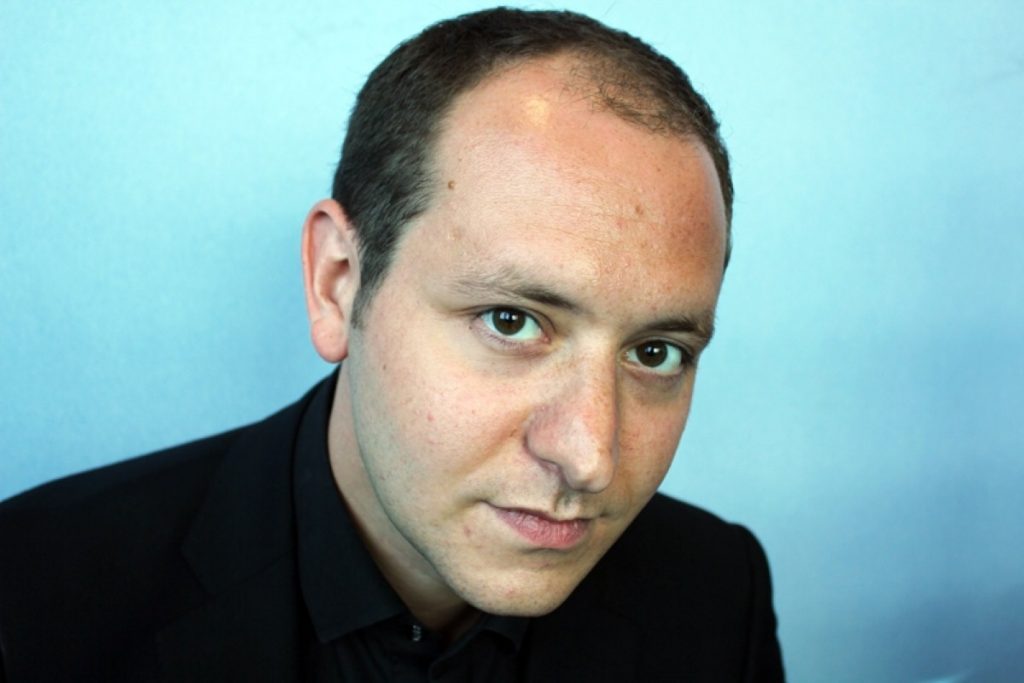Comment: Why I won’t wear a poppy
I'm not wearing a poppy this year. I've worn it before and I might wear it again, but every year I become more uncomfortable with it. A symbol of remembrance is fast becoming a tool of coercion.
The process is not purposeful. It is not a conspiracy. It is more dangerous than that.
The popularity of the poppy stems from a genuine pride in Britain's role in World War Two. Every country has a creation myth and it is one of the charming idiosyncrasies of Britain that such an old nation should give itself such a modern one. There is also something uniquely endearing about Britain's ability to find honour in defeat. You see it in the celebration of the charge of the light brigade, when men showed unimaginable bravery while running in the wrong direction, towards their certain death. And you see it in World War Two, where Britain's achievement was not in winning, but in resisting defeat against far mightier forces.
The poppy also represents one of the few public acknowledgements of the deaths of British service personnel. They are typically under-educated, young and poor. They are mentioned at the start of each PMQs and occasionally, when they die, on the news. Bankers make in a day what they earn all year for risking their lives for their country. Politicians send them on irrational, badly-conceived wars for reasons they struggle to articulate. It is right we should remember them.


But the poppy has begun to transmute into something much darker and more ominous than a simple remembrance of the dead. It has come to represent conformity. Broadcasters and MPs receive orders to wear the poppy at all times. "Wear your poppies or you will be shot at dawn," hapless Labour leader Nicola Murray tells her shadow Cabinet in the last series of the Thick Of It. It neatly summarises the increasingly heavy-handed approach to the symbol in the political classes.
This is how people behave when they are afraid of being accused of not being patriotic enough. Instead of being a sign of remembrance, the poppy has started to act as physical proof of love of country.
This mix of patriotism, symbolism and political ideas is dangerous. Political ideas are complex, mutable and diverse. Symbols are singular. From the hammer and sickle to the Nazi swastika, political symbols cement tribalism and damped dissent.
The most egregious example of this is the American national flag. As a country with a very strong creation myth, Americans have always ascribed more political values to their flag than other countries. After September 11th, that took on a new meaning, and politicians started pinning a small star and stripes to their suit. The meaning is clear: I am a patriot. President George Bush said "you're either with us or against us" and this was how they proved they were with him.
It is the dark side of patriotism. It is about falling in line, conforming. It is not about diversity or freedom or improving your community. The association of any symbol with a political idea is dangerous. It is particularly dangerous when that idea is patriotism, because of the emotional associations and its tendency to become tribal and nationalistic.
The use of symbols is especially attractive to a society which is becoming increasingly atomised. Advanced western capitalism is a lonely place to live. People yearn for the sense of belonging that comes with community. We yearn for a shared experience, as testified by the wave of joy which met the Olympics. The poppy is becoming a mechanism for us to share a sense of national pride. That alone seems unconcerning. But where national pride is expressed through symbols it necessarily becomes coercive. This guy isn't wearing a poppy, so therefore he's not one of us. He's not in the club. This guy is. He's in the club. For a sense of how difficult this is becoming for many Brits, look around at the racial make-up of people wearing poppies. It is a symbol which even born-and-bred Brits of other ethnicities struggle with. There is a sense that this is not for them.
This is not a conspiracy. Right-wingers are not usurping the poppy for nationalist aims. It is a natural tendency which follows from a need for shared experiences, a recognition of the sacrifices of the armed forces and the enduring power of symbols. But it is a dangerous, exclusive trend which acts to divide us rather than unify us.
The horrible irony is that we fought the war for everyone to be free of symbols and ideology, so that people did not have to submit to a system of thought in order to live. The poppy increasingly represents the precise opposite.
The opinions in politics.co.uk's Comment and Analysis section are those of the author and are no reflection of the views of the website or its owners.









